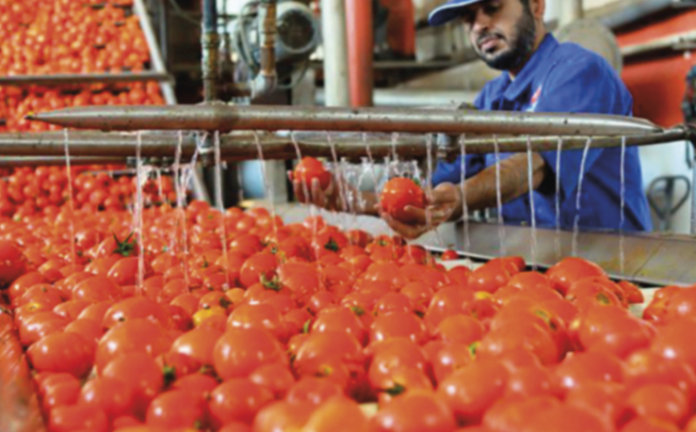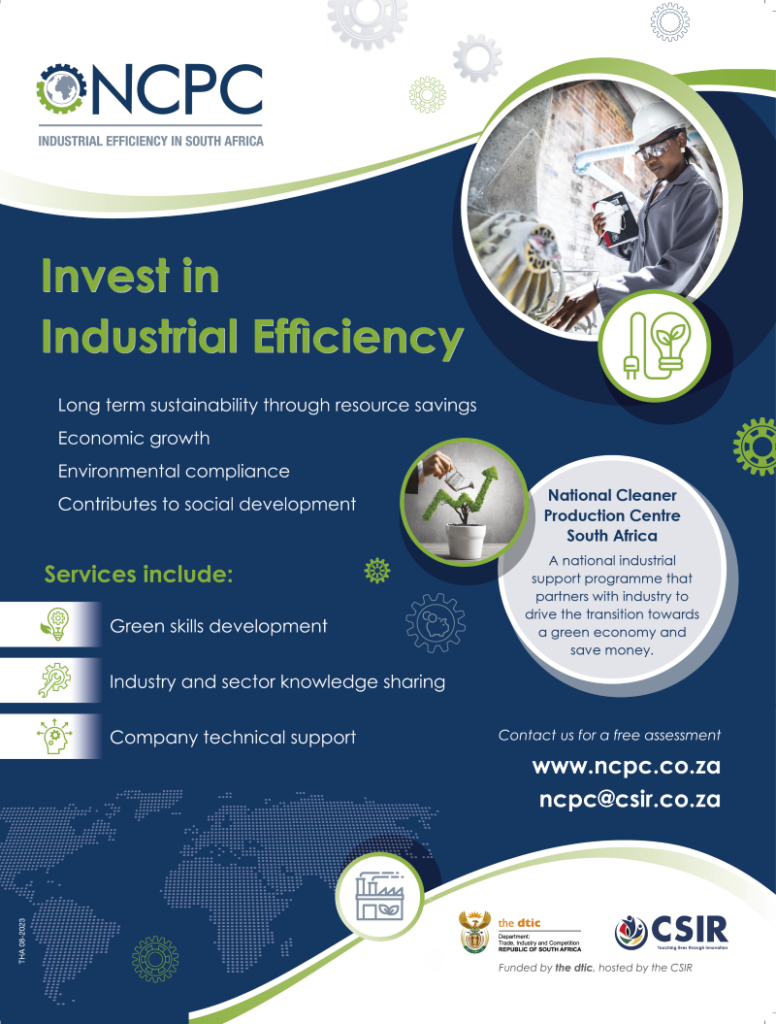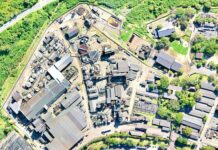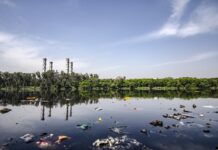The agri-processing sector is among South Africa’s high-impact sectors with its value chains contributing 20.3% to the manufacturing gross domestic product (GDP) and 2.7% to the total GDP. While the sector has great growth potential and is a positive contributor to the economy, it is water and energy intensive. This impacts on its sustainability and global competitiveness.
The International Finance Corporation (IFC) and the National Cleaner Production Centre South Africa (NCPC-SA) have undertaken research which resulted in the “South African Dairy Processing Resource Efficiency Benchmarking Study”.
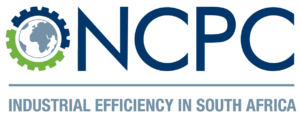 The study sought to assess the gaps in the dairy-processing industry with a focus on the cheese and yoghurt industries, while identifying practical energy and water measures that can be adopted to improve resource consumption and management.
The study sought to assess the gaps in the dairy-processing industry with a focus on the cheese and yoghurt industries, while identifying practical energy and water measures that can be adopted to improve resource consumption and management.
The dairy-processing sub-sector was selected as a sample for the study for two reasons. Firstly, the NCPC-SA previously conducted assessments and gathered energy and water consumption data from participating dairy companies. Secondly, the study cements the collaborative work between the two organisations in improving efficiencies in the agri-processing sector including the development of the “Metering and Monitoring Guideline” aimed at transitioning the sector to better water and resource-efficiency practices.
The benchmark study specifically highlights the following potential savings for the dairy sector based on the results of onsite assessments conducted in line with international best practices:
- A 70% reduction in potable water consumption, reducing overall water utilisation by approximately one litre or approximately six-million kilolitres per annum nationally, translating into monetary savings of R138-million to R200-million per annum.
- A 25-50% reduction in electricity consumption and associated greenhouse gas (GHG) emissions translating into 200 000 to 400 000 megawatt per hour (MWh) per annum and a cost saving of R250-million to R500-million per annum.
- A 30% reduction in fuel consumption and 50% reduction in GHG emissions for fossil fuels (assuming 50% uptake in fuel switching) which could potentially result in R180-million savings per annum.
Reducing carbon emissions
NCPC-SA Senior Project Manager Lindani Ncwane says, “We identified many resource-efficient and cleaner production opportunities that dairy companies can implement with little or no capital investment.
“It is remarkably easy for companies with smaller operations to improve their processes and start saving,” he adds.
The implementation of resource-efficient and cleaner production (RECP) interventions not only improves the efficient use of resources, reduces waste and saves costs. RECP also plays a major role in the industry’s ability to reduce carbon emissions and environmental impact. A strong business case for industry to operate sustainably is evident. There is increasing pressure for local and global markets to source and supply sustainably produced goods to mitigate the impact of carbon emissions.
For instance, in South Africa, the KwaZulu-Natal province was struck by a natural disaster that can be directly linked to climate change: it impacted the province’s key economic drivers such as the damage that was incurred at the Toyota motor plant. There is also an increase in the global export markets’ demand for sustainably produced goods.
The South African Dairy Processing Resource Efficiency Benchmarking Study was conducted through the IFC’s Agri-Processing Resource Efficiency (APRE) programme, launched in 2019 to improve energy and water efficiency in the agri-business sector in South Africa, with support from the Swiss State Secretariat for Economic Affairs (SECO). The outcomes of the study, along with participant input from the workshop where the results were presented, will be used to produce another practical guide for the sector. It also promises to revolutionise the sustainability journey for companies who follow its recommendations.
Contact
For more information about the Agri-Processing Resource Efficiency interventions or to gain insight on how your company can benefit from the interventions at no cost, contact the NCPC-SA at ncpc@csir.co.za or visit https://www.industrialefficiency.co.za/



